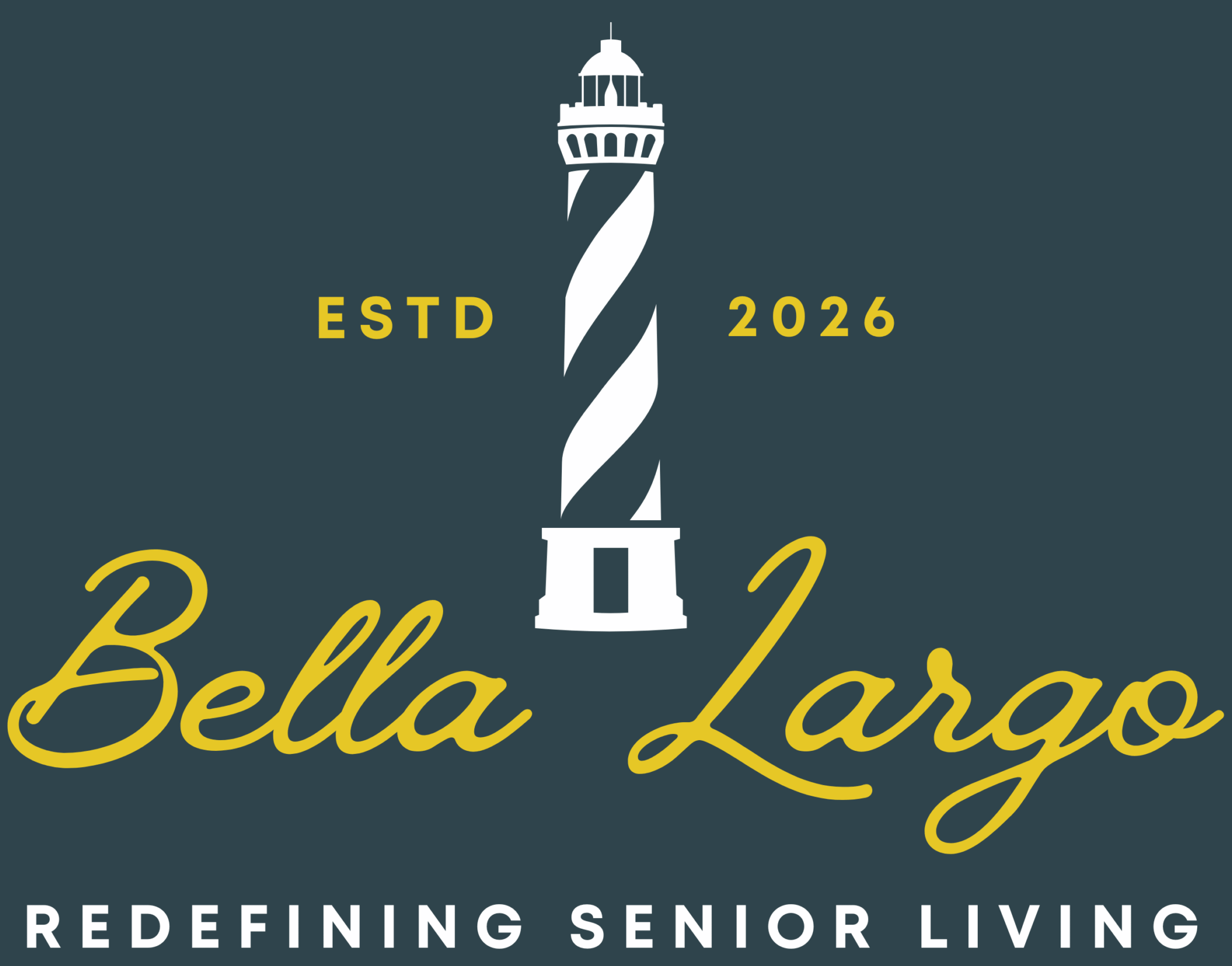Medicare generally does not cover long-term care costs in assisted living or memory care facilities, as these are considered custodial care (help with daily activities like bathing, dressing, or eating). However, Medicare may cover certain medically necessary services provided within these facilities under specific conditions. Here’s a breakdown:
Services Medicare May Pay For:
- Skilled Nursing Care:
- Medicare Part A may cover short-term skilled nursing care (e.g., after a hospital stay) if provided by a Medicare-certified skilled nursing facility (SNF). This does not typically apply to assisted living or memory care unless the facility has a Medicare-certified SNF unit.
- Requirements: Must follow a qualifying 3-day inpatient hospital stay, and care must be deemed medically necessary (e.g., wound care, IV therapy).
- Home Health Services:
- Medicare Part A or B may cover part-time or intermittent home health care (e.g., skilled nursing, physical therapy, occupational therapy) if the resident is homebound and a doctor certifies the need.
- This can apply if the assisted living facility is considered the resident’s “home.”
- Hospice Care:
- Medicare Part A covers hospice care for terminally ill residents (with a prognosis of 6 months or less) in assisted living or memory care facilities. This includes pain management, counseling, and supportive services.
- Medical Services and Supplies:
- Medicare Part B may cover:
- Doctor visits or specialist consultations.
- Outpatient therapies (e.g., physical, occupational, or speech therapy) if medically necessary.
- Durable medical equipment (e.g., wheelchairs, oxygen) if prescribed.
- Certain preventive services (e.g., flu shots, screenings).
- Medicare Part B may cover:
- Prescription Drugs:
- Medicare Part D may cover medications prescribed for residents, depending on the plan’s formulary.
What Medicare Does Not Cover:
- Room and board (rent, utilities, etc.).
- Personal care (assistance with bathing, dressing, eating, etc.).
- 24-hour supervision or custodial care typical in assisted living/memory care.
- Activities, meals, or social services provided by the facility.
Key Notes:
- Eligibility: The resident must be enrolled in Medicare Part A and/or Part B, and services must be deemed medically necessary by a healthcare provider.
- Facility Type: Most assisted living and memory care facilities are not Medicare-certified SNFs, so coverage is limited to specific services (e.g., home health or hospice).
- Medicaid: For low-income individuals, Medicaid may cover some custodial care costs in assisted living/memory care, depending on state programs. Medicare does not coordinate with Medicaid for these services.
- Medicare Advantage (Part C): Some Medicare Advantage plans may offer additional benefits (e.g., limited custodial care or transportation), but this varies by plan.
Recommendations:
- Contact the assisted living/memory care facility to confirm which services are Medicare-eligible.
- Consult with the resident’s healthcare provider to determine if services like therapy or home health care qualify.
- Check with Medicare (1-800-MEDICARE or www.medicare.gov) or the resident’s Medicare Advantage plan for specific coverage details.
- For costs not covered by Medicare, explore long-term care insurance, Medicaid (if eligible), or private pay options.

